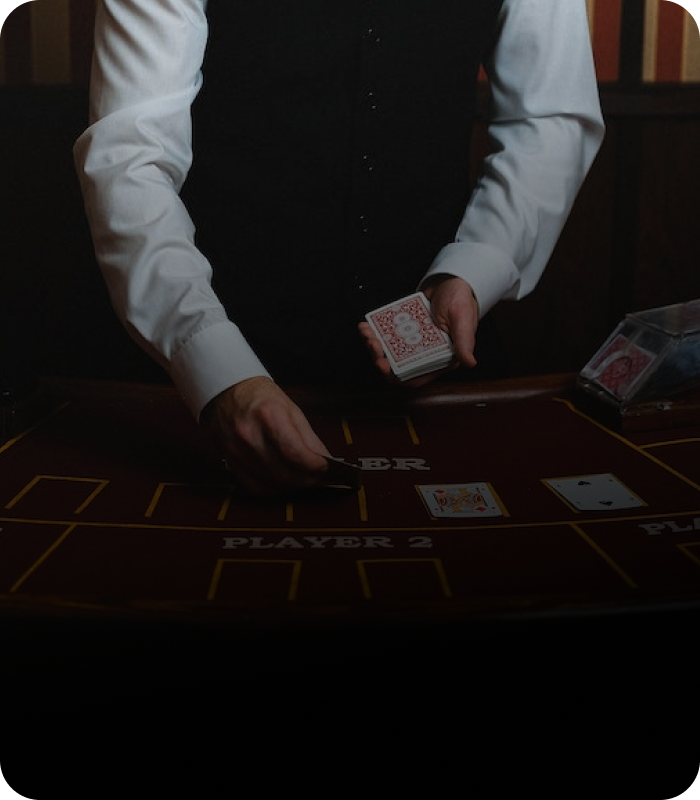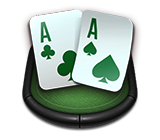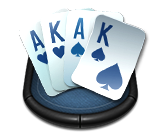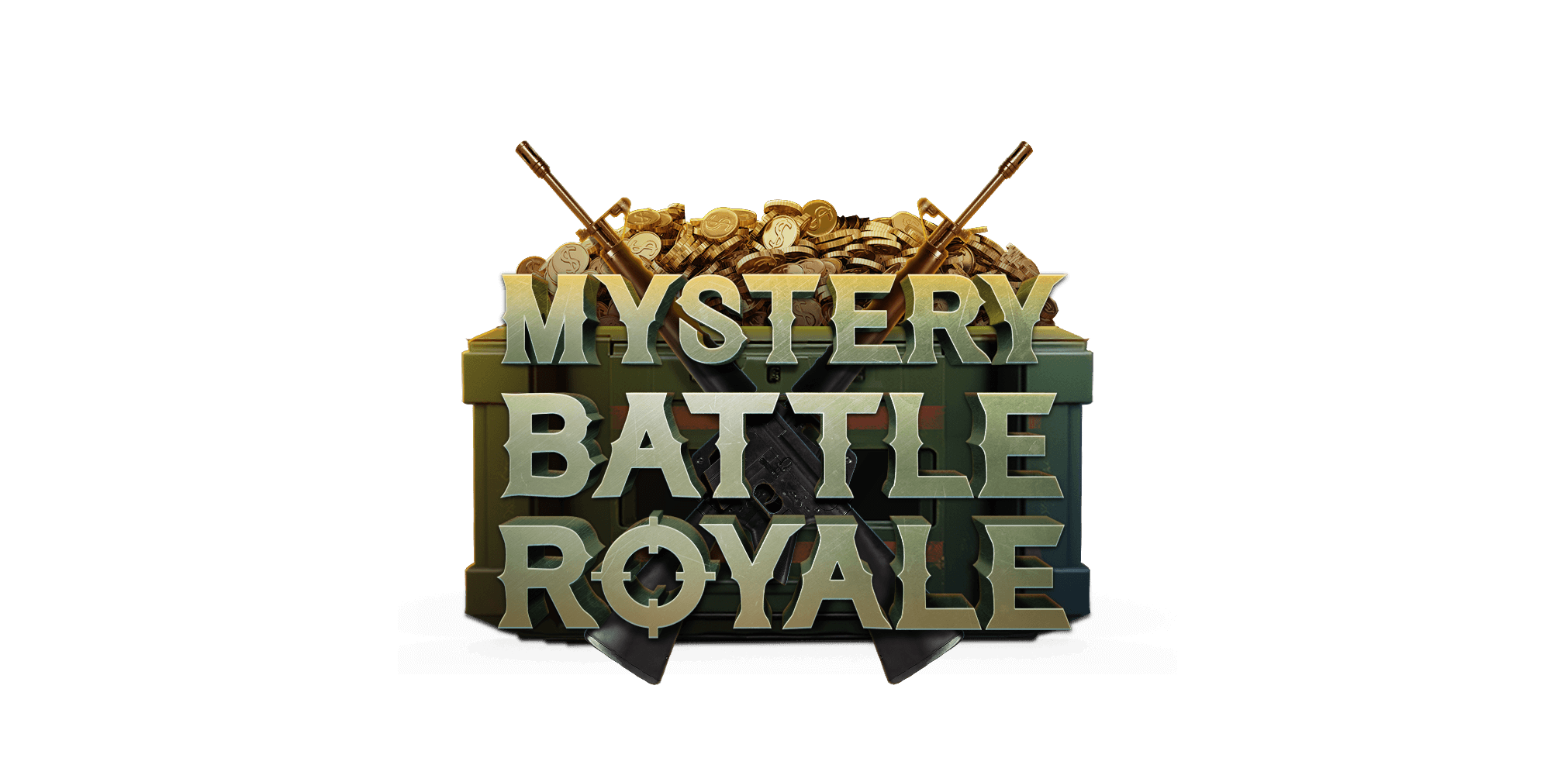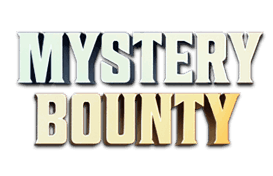
When we’re young, many of us go through phases where we want to become a teacher, a nurse, or a firefighter when we grow up. Other popular desired professions amongst the jovial kids are becoming a footballer and following the steps of Messi and Cristiano Ronaldo, or even being the next Taylor Swift.
When we start growing up, we begin to figure out our true passions and while many people stick to the mainstream ones mentioned above, some are equally exciting but less known to the general public.
For individuals with a passion for the casino industry and a knack for precision, becoming a professional blackjack dealer can be a rewarding career choice. It is a profession that offers a unique blend of excitement, skill, and opportunity.
In this article, we will explore the reasons why dealing cards in blackjack might be the profession someone would want. From the thrill of the game to the potential for growth and advancement, let's delve into the enticing world of blackjack dealing.
Starting With the Basics
Before we dive into the specifics of blackjack dealing, let's cover the fundamental aspects of the game setup and the responsibilities of a dealer. In a typical blackjack game, the dealer is responsible for managing the flow of the game and dealing cards to players. The game is played with one or more standard decks of 52 cards. The exact number of decks used may vary depending on the casino and the specific variation being played. It's crucial for dealers to familiarize themselves with the rules and deck configuration of the particular variant they are dealing.
The card dealing process in blackjack follows a standard sequence. Here's a step-by-step breakdown:
Shuffling: Before the start of each round, the dealer shuffles the deck of cards to ensure fairness and randomness. This can be done manually or by using an automatic shuffling machine. Thorough shuffling is crucial to prevent any predictability in card distribution.
Placing the Cut Card: Once the cards are shuffled, the dealer places a plastic cut card within the deck. The position of the cut card determines when the shoe will be reshuffled. This helps prevent card counting and adds an extra layer of randomness to the game.
Betting: Before the dealer initiates the card dealing, it is essential for the players to carefully consider and place their bets. At this time, the dealer patiently awaits the completion of this process, ensuring that all players have had the opportunity to place their wagers before proceeding. Once all the bets have been securely placed, the dealer also takes on the responsibility of officially declaring that no further bets will be accepted.
Initial Dealing: This is the phase where the dealer shines with the magic of his/her dealing technique. The process, on the other hand, is pretty standard. The dealer starts dealing one card to each player in a sequential manner, starting from the left and proceeding towards the right. The dealer does this by retrieving a single card either from the top of the deck or from the closest position within the shoe.
Final Dealing: Once every player has received their initial face-up card, it's time for the dealer to attend to their own hand, by placing a card face down within the dealer’s box. This hidden card is called the hole card. Then the dealer proceeds to deal the second card to each player as in the initial dealing. Once all players have two cards, the dealer sets one card face-up in his/her designated box, called the up card.
Insurance: If the dealer’s upcard happens to be an Ace, he/she now has to ask each player if they want Insurance. This unique feature provides players with a chance to protect themselves against the possibility of the dealer having a blackjack hand. The amount of the insurance wager is set at half of their original bet, offering a balanced risk-reward proposition.
Playing the Hand: The dealer proceeds to offer players the opportunity to make strategic decisions based on their hand and the dealer's hand - the up card. These decisions include hitting (taking an additional card), standing (keeping the current hand value), doubling down (doubling the initial bet and receiving one more card), splitting (dividing a pair into two separate hands) and surrendering (player forfeits, and the dealer collects half their bet). The dealer follows specific rules for playing their hand, typically drawing additional cards until they reach a certain hand value, often 17 or higher.
Get to Know Some Popular Variations
Now that you know the basic game setup, let's explore three popular casino variations, apart from the Classic Blackjack, that you may encounter as a dealer:
Spanish 21: In Spanish 21, a variation popular in many casinos, the traditional deck of 52 cards is used, but all the 10s are removed. This creates a unique dynamic, as players must adapt their strategies to the absence of these critical cards. For blackjack dealers, Spanish 21 demands flexibility and familiarity with the specific rules and payout structures associated with this variation. Dealers must be well-versed in explaining these nuances to players, ensuring a smooth and enjoyable gaming experience.
Blackjack Switch: In this intriguing variation, players are dealt two hands and have the option to switch the second card between the two hands. This adds a fascinating twist to the traditional gameplay, enabling players to optimize their hand combinations. For dealers, Blackjack Switch requires attentiveness and skill in managing multiple hands simultaneously. Dealers must execute precise card distributions and facilitate seamless transitions between the players' chosen hands, all while maintaining fairness and accuracy.
Double Exposure Blackjack: Also known as Face-up 21, this is a variation that turns the traditional blackjack dynamic on its head. In this game, both of the dealer's cards are dealt face-up, providing players with crucial information for their decision-making process. For dealers, this variation requires adaptability and a heightened focus on strategic maneuvering. Dealers must anticipate players' reactions to their revealed cards and adjust their own gameplay accordingly, ensuring an engaging and challenging experience for all involved.
Get Ready for Your Career
Now that you’ve gained access to some key information about the role of a blackjack dealer, it’s important for you to know some financial and training aspects of this career. Becoming a professional blackjack dealer requires a blend of technical skills, game knowledge, and the ability to provide exceptional customer service. Many casinos and gaming establishments offer comprehensive training programs, where the dealer learns about dealing techniques, game rules and procedures, math, and interpersonal skills.
These training programs can vary in duration, ranging from a few weeks to several months. They often include a combination of classroom instruction, simulated games, and practical hands-on experience on the casino floor. Successful completion of the training program may lead to a certification or license, depending on the jurisdiction.
Professional blackjack dealers can earn a competitive income that often includes both a base salary and gratuities from players. The specific wages vary based on factors such as location, casino size, and level of experience. On average, entry-level blackjack dealers can expect to earn a base salary ranging from $18,000 to $30,000 per year. With experience and a loyal clientele, top-tier blackjack dealers can earn well over $50,000 per year, making it a financially rewarding profession for those dedicated to their craft.
There’s also the possibility for some career advancement. Some blackjack dealers progress to become pit bosses, floor supervisors, or casino managers. These positions involve overseeing multiple tables, ensuring the smooth operation of the gaming floor, and managing a team of dealers.

.webp)










